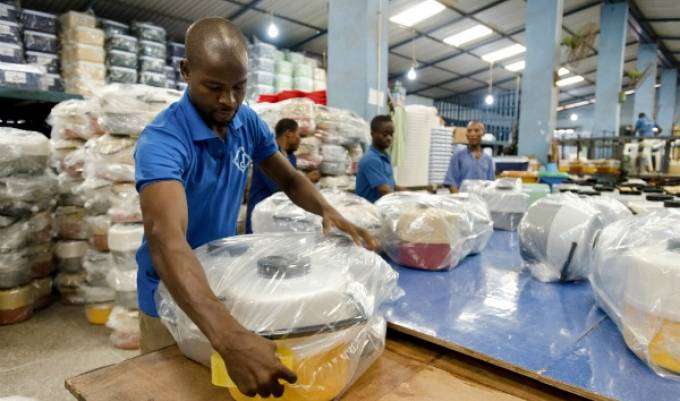“Plastic Industry Sounds Alarm on ‘Devastating’ 5% Tax Impacts”

- GPMA warns of severe economic consequences due to 5% Excise Tax on plastic products.
- Association criticizes government for lack of stakeholder engagement and unclear guidelines.
- Tax will lead to increased costs and higher prices for consumers.
- GPMA urges government to suspend tax and consult stakeholders to avoid economic damage.
The Ghana Plastic Manufacturers Association (GPMA) has sounded the alarm on the devastating economic consequences of the newly introduced 5% Excise Tax on locally manufactured plastic products.
At a press conference, GPMA President Mr. Ebo Botwe expressed disappointment at the government’s failure to engage stakeholders before implementing the tax, which could have mitigated its adverse effects.
The Association criticized the Ghana Revenue Authority (GRA) for enforcing the tax without clear guidelines, resulting in demand notices and penalty threats to manufacturers. The GPMA argued that the tax, combined with the existing 10% Environmental Excise Tax, will significantly increase costs across various sectors, leading to higher production costs and prices for consumers.
The Association emphasized the plastic industry’s crucial role in Ghana’s economy, providing employment to millions and supporting various sectors, including food and beverages, household wares, pharmaceuticals, and agricultural products.
The GPMA warned that the tax would have far-reaching economic implications, affecting numerous industries that rely on plastic packaging, and leading to price hikes, employment losses, and business closures.
According to Mr. Botwe, the plastic industry directly employs over 39,260 workers and supports approximately 3.71 million jobs through related sectors, making it a significant contributor to Ghana’s employment landscape.
The Association highlighted the risk of businesses relocating to neighboring countries with more favorable tax regimes, resulting in significant losses for the Ghanaian economy, including reduced corporate taxes and SSNIT contributions.
The GPMA also pointed out the broader economic repercussions, including increased production costs due to higher duties on raw materials and elevated electricity bills, creating a hostile environment for manufacturing.
The Association urged the government to suspend the tax immediately and engage in thorough stakeholder consultation to avoid the dire economic consequences that could arise from this policy.






